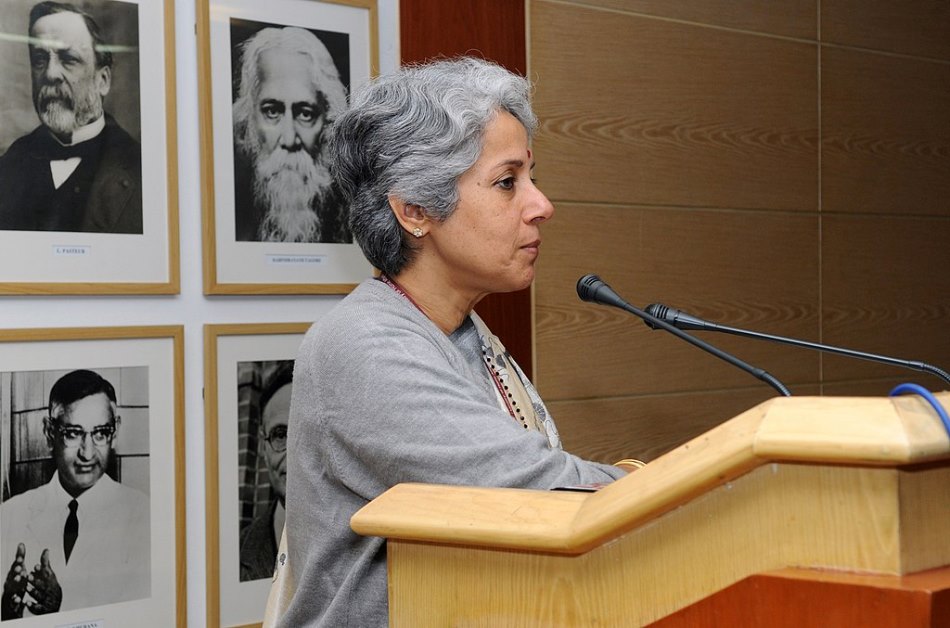Health
WHO delegate says no global herd immunity yet from coronavirus until 2022

WHAT YOU NEED TO KNOW:
- Soumya Swaminathan, a leading expert from WHO, explains that herd immunity from COVID-19 vaccines will yet to be achieved around 2022.
- The WHO official also urged everyone to continue practicing health measures such as mask-wearing, sanitation, and social distancing.
- WHO senior adviser announced the organization-backed COVAX program for the third world nations would get at least 2 billion coronavirus vaccines.
An expert from the World Health Organization (WHO) cautioned that herd immunity from coronavirus shots is yet to happen in 2022, noting that social distancing and face mask-wearing measures will need to be continuously observed.
Soumya Swaminathan, WHO leading scientist, said the swift vaccine development shows the capability of scientists all over the world. She warned, though, that production on a global scale will require a long time.
During a press conference on Monday, Swaminathan said that while the vaccines will surely be distributed across the world, the public should still follow coronavirus measures such as wearing masks and social distancing.
She added that the government must constantly remind the public that it’s everyone’s responsibility to continue practicing the health measures for this year. She noted that
“even as vaccines start protecting the most vulnerable, we’re not going to achieve any levels of population immunity, herd immunity, in 2021.”
Swaminathan further explained that for third world countries, the distribution of vaccine may take even longer, and some may not have enough shots for every citizen. She also said herd immunity is a worldwide concern.
She also said that vaccines may not protect every person all over the world.
Meanwhile, Bruce Aylward, WHO senior adviser, clarified the issue with low-income nations at the moment is not about the availability of doses, but rather
“…the crucial thing is the timing to get at least some of those doses early enough to protect those healthcare workers on the front lines in these countries, as well as the older populations and others who are at risk of dying.”
Aylward confirmed that the WHO-supported COVAX effort for low-income nations has arranged 2 billion shots of coronavirus vaccines, with the possibility of getting 1 more billion.
The senior adviser clarified that almost all the nations that have started vaccinating people against coronavirus are rich, such as the U.S., China, Britain, and Israel.
Minus support from drug makers though, the foreseeable issue is those wealthy countries will hoard all accessible vaccines, leaving the 92 low-income countries that are included in COVAX deprived of opportunity in helping their people.
The expert calls the situation “ inequitable,” but still expecting and
“have strong confidence that we should be able to begin vaccinating in February in these countries.”
He further added that everyone should be involved to achieve that target, especially with the support of vaccine makers to give priority to distribution to the COVAX initiative.
Source: The Hill
